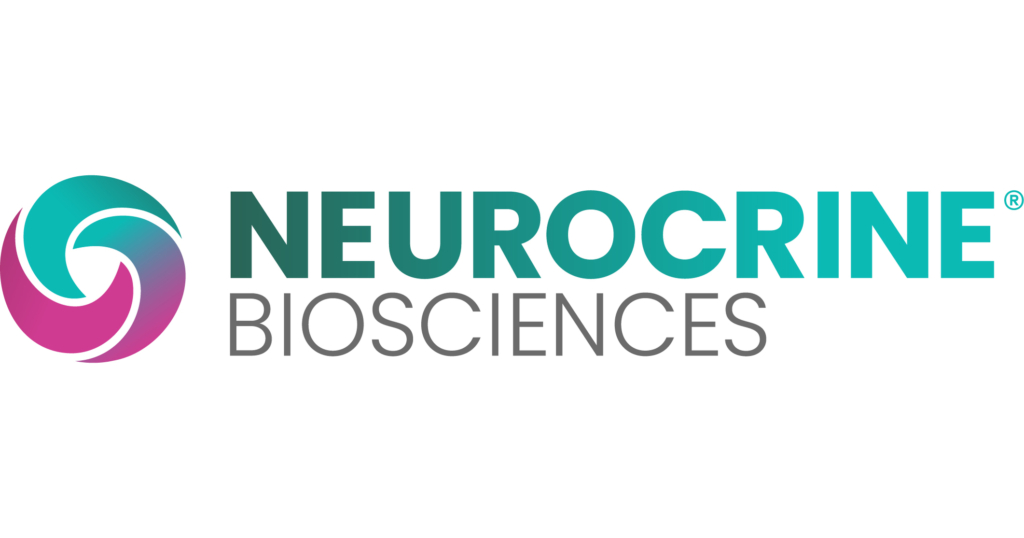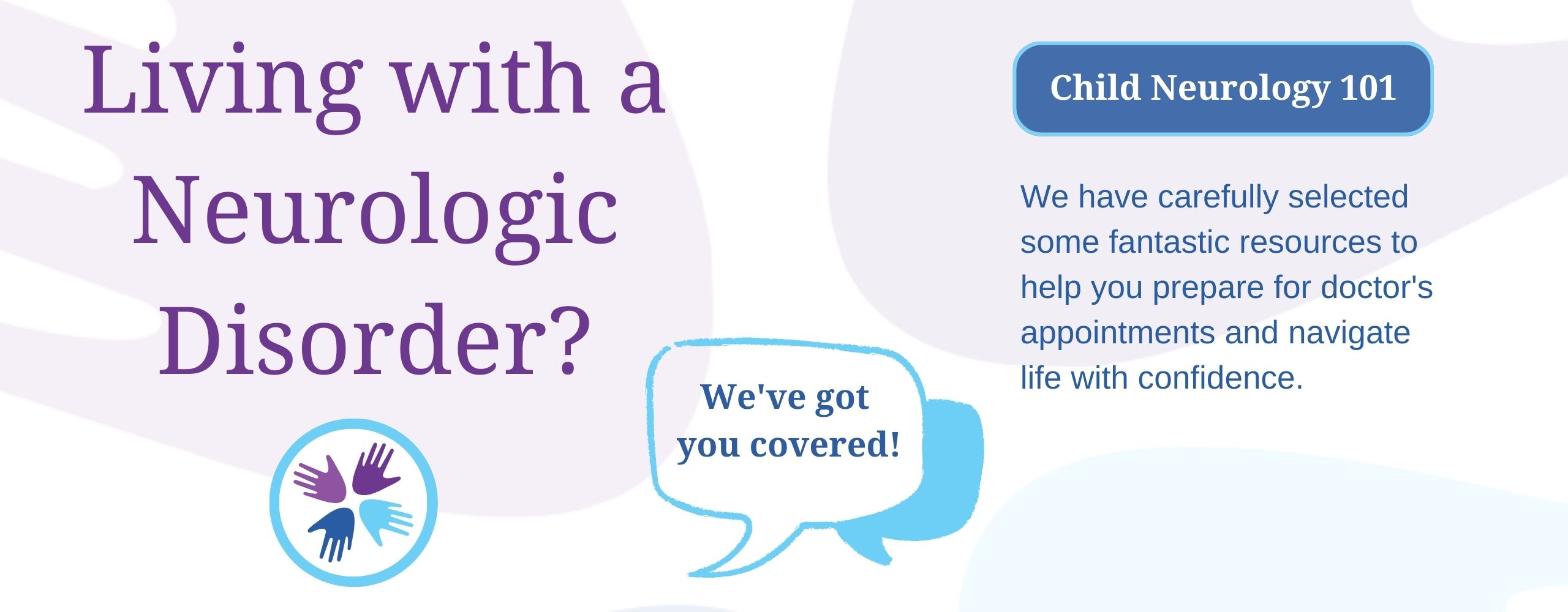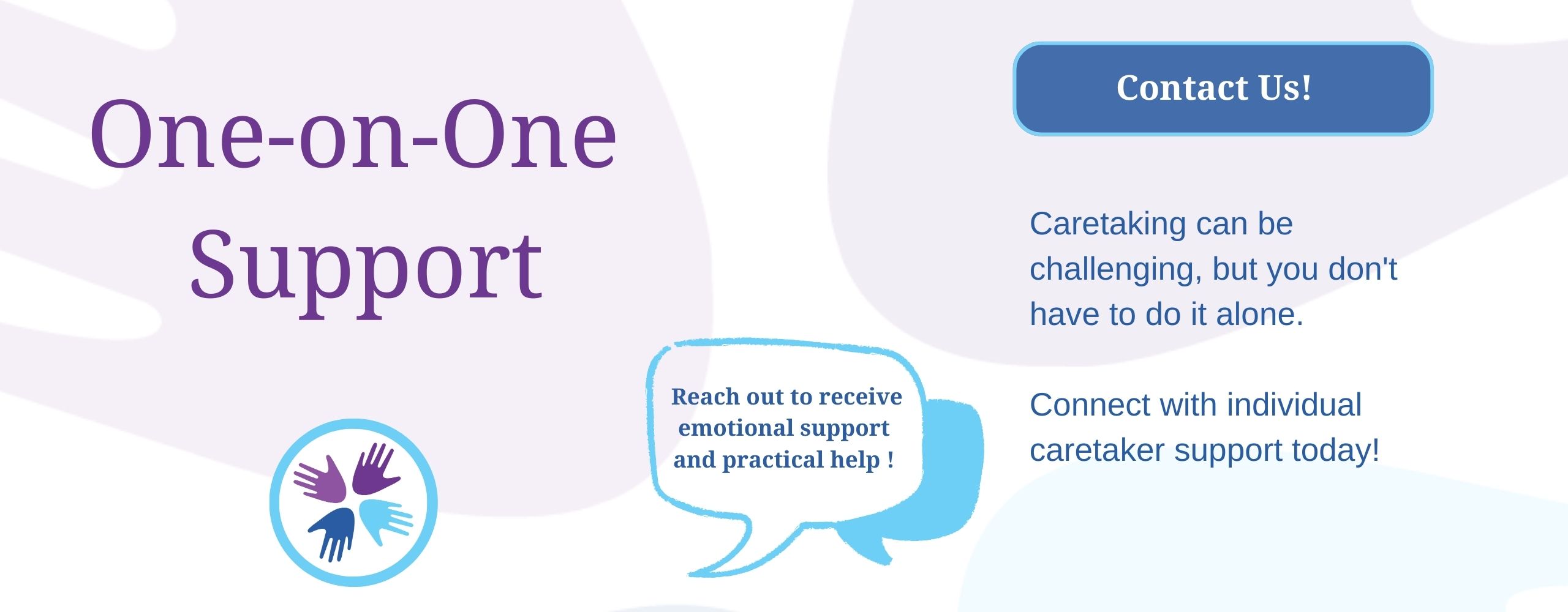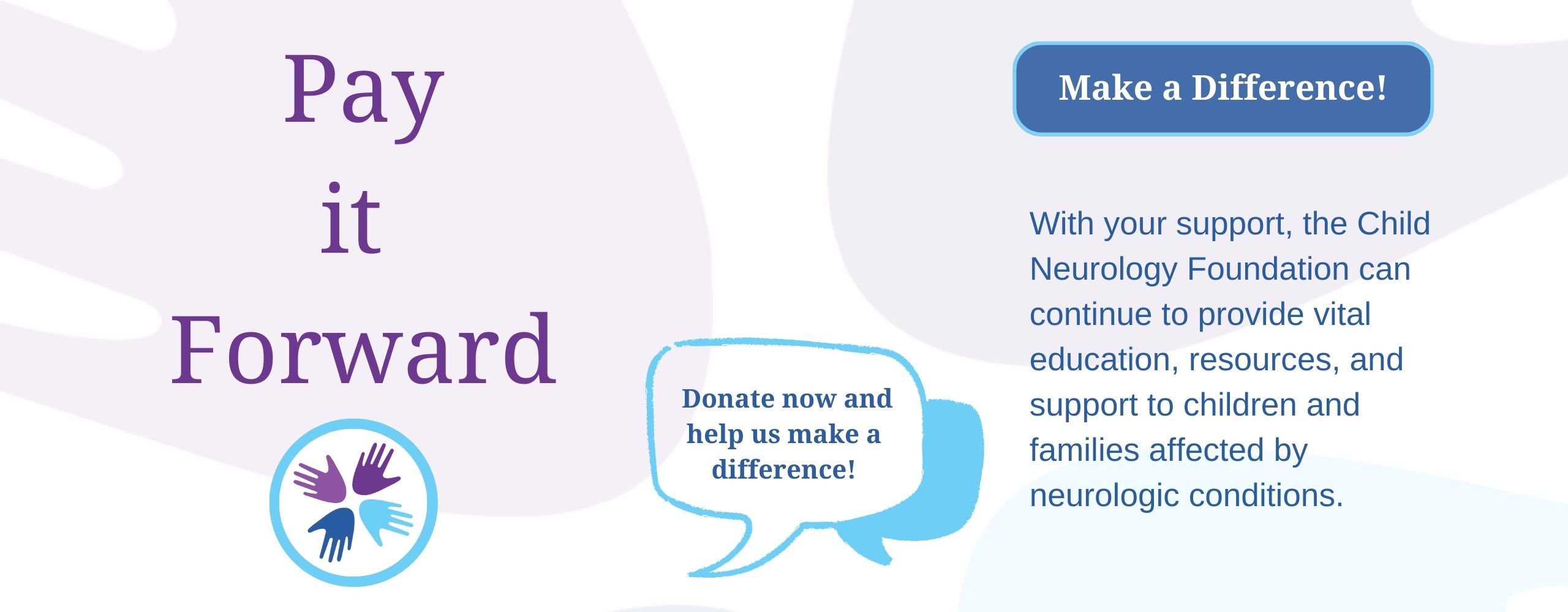

Author: Tristan T. Sands, MD, PhD, Columbia University Vagelos College of Physicians & Surgeons
Reviewed: December 2023
SUMMARY
CSNK2B neurodevelopmental disorder is caused by variation in a specific gene. That gene is called the CSNK2B gene.
The symptoms of this disorder can vary. Most affected people have one or more of the following:
- Epilepsy (repeat seizures)
- Developmental delay and/or intellectual disability
CSNK2B is also called Poirier-Bienvenu neurodevelopmental syndrome (POBINDS).
JUMP TO
Disorder Overview
DESCRIPTION
Symptoms of CSNK2B neurodevelopmental disorder often start in the first few years of life. Families may seek medical advice because of:
- Delays in their child’s development
- Seizures
The severity of symptoms differs greatly from patient to patient. Some people are very severely affected. They may experience:
- An inability to speak or walk
- Seizures that do not respond to treatment
Others are much more mildly affected. They may experience:
- Learning disabilities
- Seizures that respond to treatment
SIGNS AND SYMPTOMS
The symptoms of CSNK2B neurodevelopmental disorder include:
Epilepsy
Epilepsy means a person is prone to recurrent seizures. Affected people may have focal or generalized seizures. Seizures often start in the first few years of life. Seizures starting in the first six months are common. Seizures can result in complications. These include:
- Status epilepticus. This is a prolonged kind of seizure. It puts patients at risk of brain damage and medical complications.
- SUDEP. SUDEP stands for “sudden unexpected death in epilepsy patients.” Seizures can put patients at risk of death. Please see our CNF page on SUDEP for more information.
- Developmental delay. Children may be late to meet some developmental milestones. For instance, they may walk late. They may also fail to meet some milestones. For instance, they may never learn to speak. Relatedly, some children have:
Developmental delay
Children may be late to meet some developmental milestones. For instance, they may walk late. They may also fail to meet some milestones. For instance, they may never learn to speak. Relatedly, some children have:
- Coordination difficulty. They have trouble coordinating their body’s movements.
- Low (floppy) muscle tone. This often occurs along with delays in motor milestones, such as sitting.
Intellectual disability
A person may have differences in intellectual functioning. This can be severe. (For example, a person may be unable to understand speech.) It can also involve only minor differences from other children. Related diagnoses or symptoms include:
- Learning disability
- Autism spectrum disorder or autistic symptoms
- Attention-deficit/hyperactivity disorder (ADHD)
- Psychiatric or behavioral problems
Physical Difference
One or more of the following can be affected:
- Stature. Stature may be short.
- Fingers and toes. These can appear different.
- Facial features. This includes:
- Wide and/or deep-set eyes
- Broad and/or depressed bridge of the nose
- Broad forehead
- Thin upper lip
- Pointed chin
- Protruding jaw
- Ear differences
- Teeth. Some teeth may be missing or they can appear atypical.
CAUSES
CSNK2B neurodevelopmental disorder is a genetic disease. This means that it is not caused by anything anyone did or did not do. It is caused by a variant in the CSNK2B gene.
Most cases result when the variant has spontaneously occurred in the child. In other words, it was not inherited from a mother or father. Instead, it is new and only present in the affected child.
Less often, a variant that causes the disorder is inherited from a parent. The parent may be affected or unaffected. In either case, the disorder is “autosomal dominant.” This means that only one variant copy of CSNK2B is needed to result in the disorder.
LABORATORY INVESTIGATIONS
Genetic testing will show a variant in the CSNK2B gene. This is what causes the disorder.
Other tests may be performed. These include:
Electroencephalography (EEG)
TREATMENT AND THERAPIES
Treatment of CSNK2B neurodevelopmental disorder is based on what symptoms a person has. Symptoms and their treatments include:
Developmental delay
Epilepsy
Anti-seizure medication(s) can help prevent seizures and stop prolonged seizures. This reduces the risk of complications from seizures. Treatment continues for as long as the patient is at risk of having a seizure. The particular medication depends on the type of seizures the patient has. Potential side effects depend on the particular medication.
Short stature
OUTLOOK
Outcomes in CSNK2B neurodevelopmental disorder differ greatly from patient to patient. Some individuals are severely affected. Others are more mildly affected. Most (but not all) patients are able to walk as adults. Many patients have some intellectual disability. Some patients remain unable to speak. The severity and outcome of epilepsy also differs between patients.
RELATED DISORDERS
CSNK2B is one of many genes with variants that result in neurodevelopmental symptoms and epilepsy. These conditions are often referred to as:
- Genetic epilepsies
- Genetic developmental and epileptic encephalopathies
- Complex neurodevelopmental disorders
The links and resources included in this section are solicited directly from the community by the Child Neurology Foundation through a formal submission process. CNF reserves the right to remove entities at any time if information is deemed inappropriate or inconsistent with the mission, vision, and values of CNF. The authors listed on this page have not endorsed the resources or links provided in this section.
Resources
It is the mission of the CSNK2B Foundation to bring awareness and education for CSNK2B Neurodevelopmental Syndrome. They aim to enrich the lives of those affected by accelerating research, treatments, and by finding a cure for CSNK2B. Connect with others through the POBINDS/CSNK2b Parent Support Group, a private online Facebook group with almost 200 members.
Research
These are clinical trials that are recruiting or will be recruiting. Updates are made daily, so you are encouraged to check back frequently.
ClinicalTrials.gov is a database of privately and publicly funded clinical studies conducted around the world. This is a resource provided by the U.S. National Library of Medicine (NLM), which is an institute within the National Institutes of Health (NIH). Listing a study does not mean it has been evaluated by the U.S. Federal Government. Please read the NLM disclaimer for details.
Before participating in a study, you are encouraged to talk to your health care provider and learn about the risks and potential benefits.
For more information about participation in clinical trials, check out our education hub on the topic here.
Information for research and clinical trials specific to CSNK2 can be found on CSNK2 Foundation website.
The information in the CNF Child Neurology Disorder Directory is not intended to provide diagnosis, treatment, or medical advice and should not be considered a substitute for advice from a healthcare professional. Content provided is for informational purposes only. CNF is not responsible for actions taken based on the information included on this webpage. Please consult with a physician or other healthcare professional regarding any medical or health related diagnosis or treatment options.
References
Poirier K, Hubert L, Viot G, Rio M, Billuart P, Besmond C, Bienvenu T. CSNK2B splice site mutations in patients cause intellectual disability with or without myoclonic epilepsy. Hum Mutat. 2017 Aug;38(8):932-941. https://doi.org/10.1002/humu.23270. Epub 2017 Jun 19. PMID: 28585349.
Ernst ME, Baugh EH, Thomas A, Bier L, Lippa N, Stong N, Mulhern MS, Kushary S, Akman CI, Heinzen EL, Yeh R, Bi W, Hanchard NA, Burrage LC, Leduc MS, Chong JSC, Bend R, Lyons MJ, Lee JA, Suwannarat P, Brilstra E, Simon M, Koopmans M, van Binsbergen E, Groepper D, Fleischer J, Nava C, Keren B, Mignot C, Mathieu S, Mancini GMS, Madan-Khetarpal S, Infante EM, Bluvstein J, Seeley A, Bachman K, Klee EW, Schultz-Rogers LE, Hasadsri L, Barnett S, Ellingson MS, Ferber MJ, Narayanan V, Ramsey K, Rauch A, Joset P, Steindl K, Sheehan T, Poduri A, Vasquez A, Ruivenkamp C, White SM, Pais L, Monaghan KG, Goldstein DB, Sands TT, Aggarwal V. CSNK2B: A broad spectrum of neurodevelopmental disability and epilepsy severity. Epilepsia. 2021 Jul;62(7):e103-e109. https://doi.org/10.1111/epi.16931. Epub 2021 May 26. PMID: 34041744; PMCID: PMC9189716.
Di Stazio M, Zanus C, Faletra F, Pesaresi A, Ziccardi I, Morgan A, Girotto G, Costa P, Carrozzi M, d’Adamo AP, Musante L. Haploinsufficiency as a Foreground Pathomechanism of Poirer-Bienvenu Syndrome and Novel Insights Underlying the Phenotypic Continuum of CSNK2B-Associated Disorders. Genes (Basel). 2023 Jan 18;14(2):250. https://doi.org/10.3390/genes14020250. PMID: 36833176; PMCID: PMC9957394.
Trivisano M, Dominicis A, Stregapede F, Quintavalle C, Micalizzi A, Cappelletti S, Dentici ML, Sinibaldi L, Calabrese C, Terracciano A, Vigevano F, Novelli A, Specchio N. Refining of the electroclinical phenotype in familial and sporadic cases of CSNK2B-related Neurodevelopmental Syndrome. Epilepsy Behav. 2023 Oct;147:109436. https://doi.org/10.1016/j.yebeh.2023.109436. Epub 2023 Sep 15. PMID: 37717460.
Thank you to our 2023 Disorder Directory partners:







